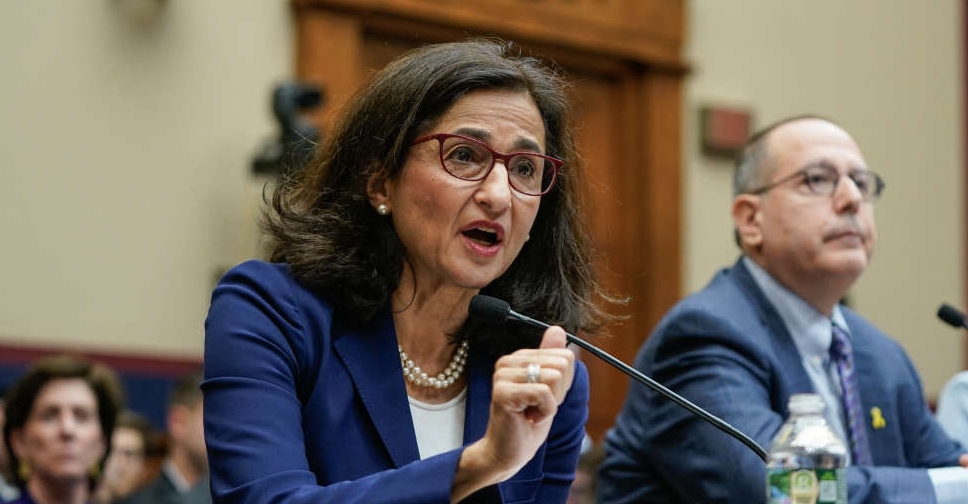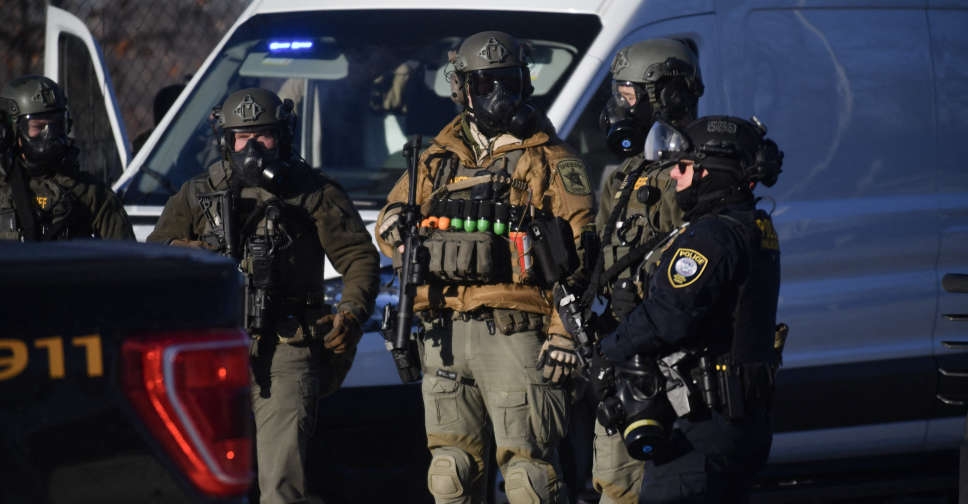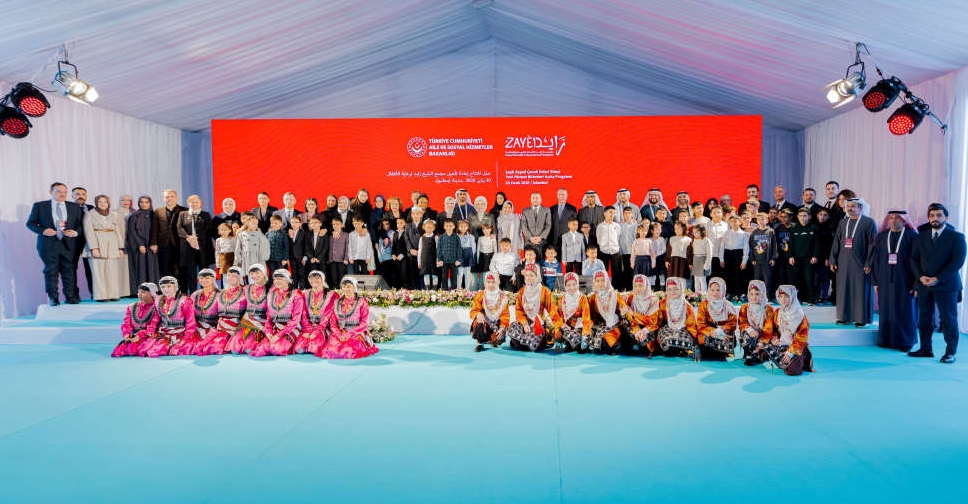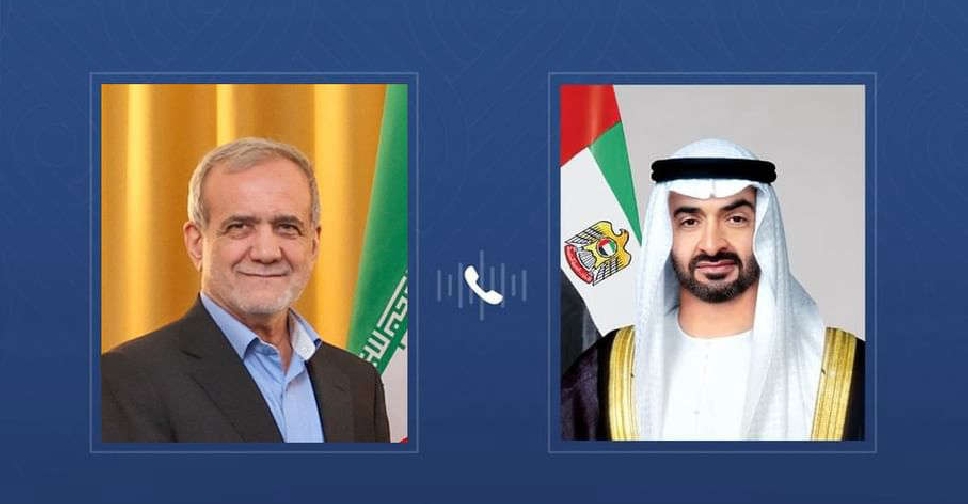
Columbia University President Minouche Shafik resigned on Wednesday, nearly four months after the university's handling of campus protests over Israel's war in Gaza drew criticism from pro-Israel and pro-Palestinian sides alike.
Shafik, who cited the toll the campus turmoil took on her family, becomes the third president of an Ivy League university to step down in the wake of campus protests over Gaza.
She said she made the announcement now so new leadership could be in place before the new term begins on 3 September, when student protesters have vowed to resume demonstrations.
"It has... been a period of turmoil where it has been difficult to overcome divergent views across our community. This period has taken a considerable toll on my family, as it has for others in our community," Shafik said in a statement.
The university announced Katrina Armstrong, dean of Columbia's medical school, would serve as interim president. Armstrong said in a statement she was "acutely aware of the trials the University has faced over the past year."
Columbia was rocked in April and May as protesters occupied parts of the New York City campus in opposition to Palestinian civilian deaths in Gaza, resulting in hundreds of arrests. The demonstrators denounced Shafik for calling police onto campus to halt the demonstrations, while pro-Israel supporters castigated her for failing to crack down sufficiently.
Students with Columbia University Apartheid Divest, a group behind the protests, welcomed the resignation but said it should not become a distraction from their efforts to have Columbia divest from companies that support Israel's military and its occupation of Palestinian territories.
"We hope that Columbia will finally appoint a president that will hear the students and faculty rather than appeasing Congress and donors," said Mahmoud Khalil, one of the group's lead negotiators with the school's administration.
Republican U.S. Representative Elise Stefanik, a critic of university leaders in congressional hearings over Gaza protests nationwide, called Shafik's resignation "overdue" on X because of what she called the failure to protect Jewish students.
Two other Ivy League presidents have resigned after facing congressional critics. Liz Magill of the University of Pennsylvania stepped down in December 2023 and Claudine Gay of Harvard quit a month later.
Shafik, an Egyptian-born economist who holds British and U.S. nationality, was previously deputy governor of the Bank of England, president of the London School of Economics and deputy managing director at the International Monetary Fund.
After leading Columbia for little more than a year, Shafik said she would return to the British House of Lords and chair a review of the government's approach to international development.
Her position at Columbia was undermined when pro-Palestinian protesters set up dozens of tents on the main lawn.
On April 18 she took the unusual step of asking New York police to enter campus, angering rights groups, students, and faculty, after encampments were not cleared voluntarily.
More than 100 people were arrested and the tents removed, but within days the encampment was back in place. The university called police back in on April 30, when they arrested 300 people at and near Columbia and the City College of New York. Some protesters were injured during the arrests.
The latest bloodshed in the decades-old Israeli-Palestinian conflict was triggered on 7 October, when Hamas attacked Israel, killing 1,200 and taking about 250 hostages, according to Israeli tallies.
Israel's subsequent assault on the enclave has since killed nearly 40,000 Palestinians, according to the local health ministry, while displacing nearly the entire population of 2.3 million, causing a hunger crisis and leading to genocide allegations at the World Court that Israel denies.



 Thousands demonstrate in Minnesota and across US to protest ICE
Thousands demonstrate in Minnesota and across US to protest ICE
 France tightens infant milk rules after recalls
France tightens infant milk rules after recalls
 Modi ally proposes social media ban for India's teens as global debate grows
Modi ally proposes social media ban for India's teens as global debate grows
 Indonesia landslide death toll rises to 49, agency says
Indonesia landslide death toll rises to 49, agency says



